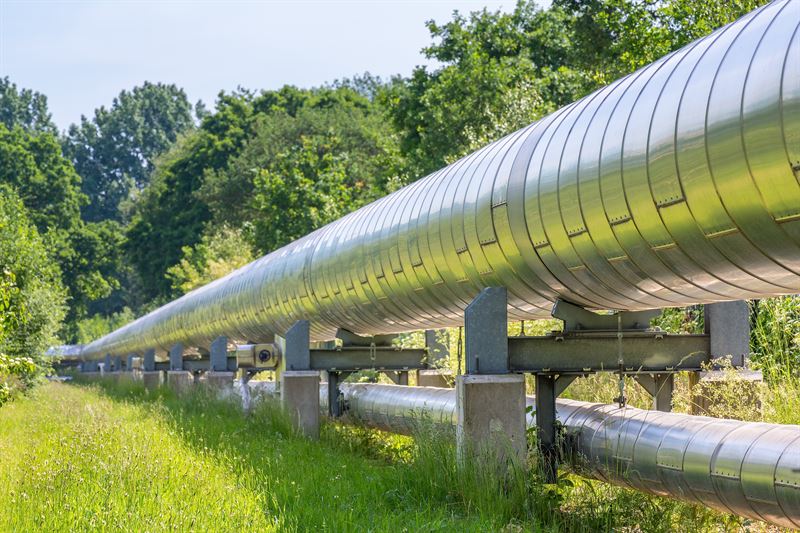Germany – Germany’s gas transmission system operators (TSOs) have submitted a new proposal to build out 9,666km of hydrogen pipelines throughout the country by 2032, as part of the government’s wider plans for a core H2 network by that year.
The proposed pipeline system would cost €19.7bn ($21.4bn) in total, with utility EnBW alone announcing that it has earmarked €1bn of spend on the core network, which is expected to consist of 60% converted gas pipelines. Entry and exit capacity are about 100 GW and 87 GW, respectively.
The core network meets the goals enshrined in the EnWG of a Germany-wide, expandable, efficient, climate-friendly and rapidly realizable hydrogen network with a target year of 2032. To create more flexibility in the implementation of the projects, the EnWG also provided for the possibility of extending the duration of individually approved core network measures, provided that certain measures are not needed until a later date, up to 2037.
With the core network, Germany is leading the way in Europe when it comes to building infrastructure. It is the starting signal and basis for the development of the hydrogen market. The network is a key component of a future European Hydrogen Backbone (EHB). The connection to the core network will especially supply hydrogen to major industrial centers, power plants and generation facilities in the future, while transnational corridors for hydrogen imports will also be opened.
Before construction of the core network can begin, the application must still be approved by the BNetzA, which will set the start-up fee in the second half of 2024. After that, the TSOs will start building the network.
Regulations also still need to be developed for a market model for hydrogen and the marketing of transmission capacities. It is up to politicians to create reliable framework conditions for ramping up hydrogen production and the demand side.
‘The hydrogen core network represents the first step into the hydrogen economy of the future, establishing the basis for the complete decarbonization of the German economy and the achievement of climate targets,’explained Dirk Güsewell, EnBW’s Board Member for System Critical Infrastructure. “EnBW welcomes and supports this groundbreaking project. This marks the beginning of another important chapter in the energy transition, in which our company will invest a total of around 40 billion euros by 2030.”





